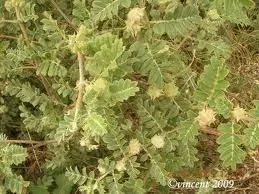Raji Ram
Active member
நெருஞ்சி முள் has several medicinal values:
Improves muscle growth and body strength.
Increases LH levels by 72% and testosterone levels by 41% in only five days.
Helps in alleviating some symptoms associated with male menopause.
Reduction in cholesterol.
Reductions in high blood pressure.
Inhibition of stress-induced clumping of blood platelets.
Increases in strength of contraction of the heart muscle.
Reductions in sodium and fluid retention.
Anti-urolithiatic (urinary/kidney stone preventing) and litholytic (dissolving) activities.
Improvement of the profile of red and white blood cells, including V and T lymphocytes and stimulation of the humoral immune system.
Anti-bacterial, anti-malarial and anti-fungal properties, anti-inflammatory activity.
Analgesic effects.
No adverse effects.
No toxicity and side effects.
Most Common and very Effective in problems connected with Urination
Used for disurea, kidney stone and uncomfortable urination.
Used in various herbal formula to cure headache, eye problem as hives, conjunctivitis
(inflammation at the membrane eye), weak eyesight and anxiety.
It is used to cure high blood pressure and flank pain.
It has been promoted and marketed for athletic performance, muscle mass enhancement, and as a testosterone booster.
This herb is suitable for premenstrual syndrome and menopausal syndrome.
:thumb:

